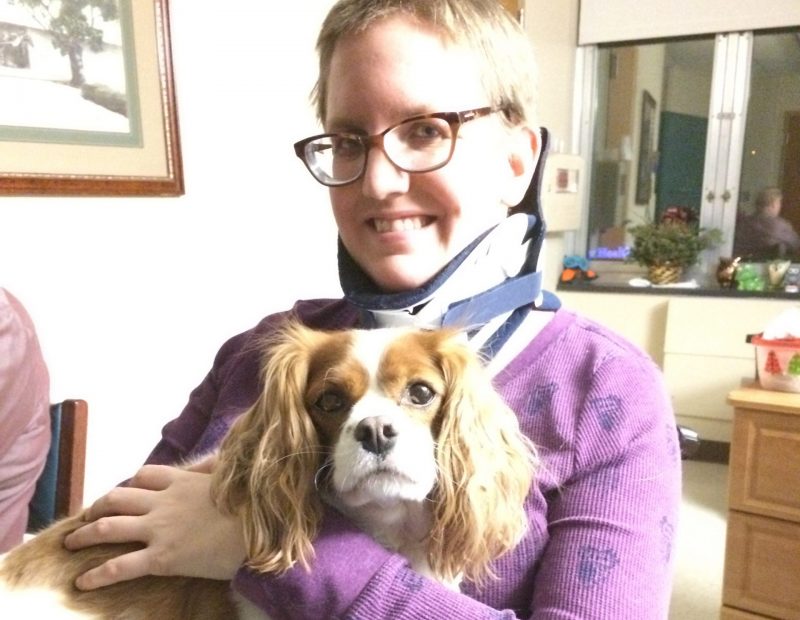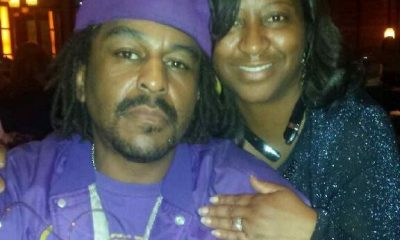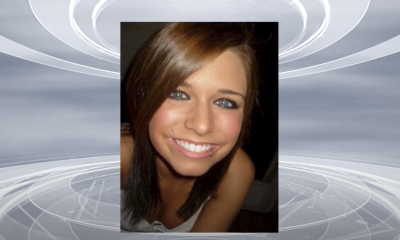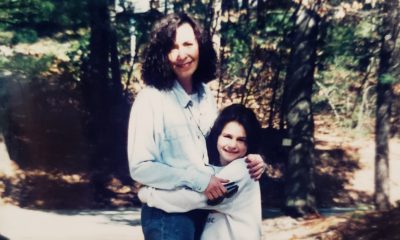by Laura Hagemann
Acceptance of the loss of my pre-accident, pre-brain-injury self has been gradual. In the last five years since my accident and injury (it will be six years in September) I have dealt with a lot of change and eventually accepted it. However, upon reflection, I realize that I have been in survival mode and am most certainly grieving the loss of my past self even if I have accepted the accident-related changes in my life. I was by no means perfect in my past, but it is still possible to grieve your past self in all its imperfections. Before the brain injury I was always striving for perfection (an unhealthy mindset, I now realize) so the fact that now I am grieving the loss of that past imperfect self, shows that even in my grief I have grown and learned. And as I grow in recovery, I have learned that sharing my experience with brain injury, hearing loss and disability is important (for me and hopefully others).
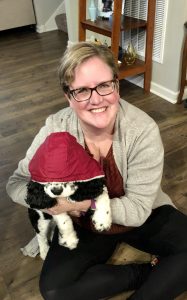
In September 2016, I was in a near-fatal car accident where I suffered many injuries, chief amongst them was a severe Traumatic Brain Injury (TBI) that resulted in a coma that lasted for three weeks and a fractured femur and shattered pelvis. When I came out of the coma, a lot of my senses and sensibility took far longer to “wake up” and it took me a long time to realize how gradual coming out of the coma truly was. For example, I was deaf for three months following the coma and after those initial three months of deafness, my hearing started to come back gradually in some form.
Before the accident, I had perfect hearing and now post-TBI and after those first initial three months of deafness I can hear but the range of what I hear is markedly less and heavily distorted. Voices (even my own and even a dog’s bark) are greatly distorted and garbled. Voices now sound like a bad guy in a movie who is using voice distortion to disguise their voice. Music no longer sounds like anything other than “metal on metal” noise. And at all times I have the “whoosh” of white noise constantly playing alongside any sound I may hear. The white noise gets louder and my hearing is much worse when I am tired or sick.

Once I started to hear sound again, my brain played around seven sounds (that I had heard when I first started hearing again) on a continuous loop. I called this my “sound loop” and it existed every moment I was awake. Of the seven sounds playing on a loop, there was an ambulance siren and stilettos walking on linoleum. The “sound loop” dropped off after I had a high fever after a bout with the flu. It has been nearly six years since the accident and my hearing is most likely not going to improve anymore. The distorted voices and sounds and white noise are more than likely here to stay. The “metal on metal” noise of music also seems here to stay as my post-TBI brain is unable to process and understand complex and layered sounds.
However, as seems to be the case with all disabilities received since the accident, I am plowing ahead learning to accept my limitations by learning tips and techniques to live with hearing loss and with brain injury. Before the accident, I wanted to be an author, yet I wasn’t actively pursuing writing. Now, after the accident, I have realized that I really should have been writing all along because I realize it’s my calling, my destiny, and my future is to write. And now that I have both brain injury and hearing loss to write about, I am letting nothing stop me from sharing my story. I write a weekly blog about living and writing with brain injury and I use it as a platform to tell my own story. It is my hope that by telling my story I illustrate that there are many people living quality lives with brain injury. In addition to writing my weekly blog, I am actively writing a memoir about my injury, and I also write content and volunteer for local organizations that deal with hearing loss.
On some level, it’s impossible to not mourn the “what-ifs” and “what-could-have-beens” after surviving an injury. It’s not particularly helpful for moving forward in progress and acceptance but it’s a reality of living a life changed by accident. I hope by writing my story about all the complexities of recovering from injury that I show other survivors of brain injury (and their friends and family) that there is a path forward after a severe Traumatic Brain Injury even if you allow yourself to grieve your past self.
For more information about Laura, you can check out her website.
Support us by driving awareness!
Subscribe to our YouTube channel at YouTube.com/GrapGrief.
Follow us on Facebook at Facebook.com/GrapGrief and on Instagram at Instagram.com/GrapGrief.




